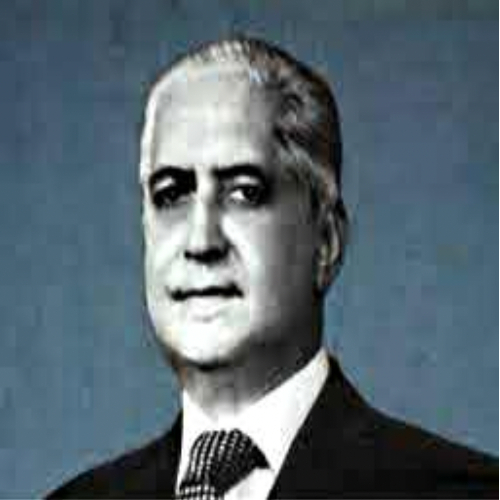Early Life
Frank Anthony was born on 25 September 1908 in Jabalpur, Madhya Pradesh. He studied at Nagpur University and pursued law in London where he was called to the Bar by the Inner Temple Inn.
Anthony went on to become one of the prominent members of the Anglo-Indian community, becoming the head of the All India Anglo-Indian Association in 1942. Further, he was appointed as the Chairman of the Inter-State Board for Anglo-Indian Education. The Board was set up in 1935 to ensure coordination and standardization of European, Eurasian and Anglo-Indian schools in India.
Contribution to Constitution Making
Anthony was elected to the Constituent Assembly from Central Provinces and Berar. In the Assembly, he took part in discussions on national language and minority rights.
Later Contributions
Anthony established the All India Anglo-Indian Educational Trust which owns and administers five schools that are named after him – The Frank Anthony Public School.
He served as a nominated member of the Lok Sabha for seven terms between 1950 and 1992.
Anthony passed away in 1993.
Key Writings
He wrote Britain’s Betrayal in India – Story of the Anglo Indian Community. It aimed to comprehensively chronicle the history of the Anglo-Indian community in India. As Anthony himself noted, the book rather than being a ‘historical record’, narrated the cultural and social story of the Anglo-Indian community.
- When the Assembly was debating the question of a national language, Anthony invoked a utilitarian principle arguing to make Hindi with Roman script as the national language. However, he sought to introduce measures to ensure that the medium of instruction in State universities and official languages in the courts cannot be changed without Parliament’s sanction.
- Anthony mounted a defence in favour of India being a part of the Commonwealth of Nations. He pointed out that India should not be in an international vacuum and should use this opportunity to emerge as a leader of Asia.
- During debates around minority rights, Anthony expressed deep gratitude to the Advisory Committee for recognising the Anglo-Indian community and providing constitutional safeguards.

